Thyroid Cancer
Thyroid cancer is a type of cancer that affects the thyroid gland, a small butterfly-shaped gland located in the front of the neck. It occurs when abnormal cells in the thyroid gland grow uncontrollably, forming a tumor. Thyroid cancer is relatively rare but can be effectively treated, especially when diagnosed early.

Symptoms
- Presence of a lump or nodule in the neck
- Swollen lymph nodes in the neck
- Hoarseness or voice changes
- Difficulty swallowing or breathing
- Persistent cough
- Neck or throat pain
- Fatigue or unexplained weight loss
Causes
The exact cause of thyroid cancer is often unknown. However, certain risk factors may increase the likelihood of developing thyroid cancer, including:
- Exposure to high levels of radiation, especially during childhood
- Family history of thyroid cancer or other thyroid conditions
- Certain inherited genetic mutations
- Female gender (thyroid cancer is more common in women)
Diagnosis
Thyroid cancer is typically diagnosed through a combination of the following diagnostic procedures:
- Physical examination of the neck and thyroid gland
- Imaging tests, such as ultrasound, CT scan, or MRI
- Fine-needle aspiration biopsy to analyze cells from a thyroid nodule
- Blood tests to measure thyroid hormone levels and detect specific markers
Who needs Thyroid Cancer Treatment
Thyroid cancer treatment is recommended for individuals who have been diagnosed with thyroid cancer. The treatment approach depends on factors such as the type and stage of cancer, as well as the patient’s overall health. In some cases, observation and monitoring may be sufficient, while other cases may require surgery, radiation therapy, or targeted therapy.
When to see a Specialist:
It is important to consult a specialist in thyroid cancer if you experience any symptoms associated with the disease or if you have been diagnosed with a thyroid nodule or thyroid cancer. A specialist can conduct further evaluations, order necessary tests, and provide appropriate treatment recommendations based on your specific condition.
Treatment for Thyroid Cancer
The treatment options for thyroid cancer include:
- Surgery: The most common treatment for thyroid cancer involves the surgical removal of the thyroid gland (thyroidectomy). Lymph nodes in the neck may also be removed if the cancer has spread.
- Radioactive iodine therapy: This treatment involves the administration of radioactive iodine to destroy any remaining thyroid cancer cells after surgery.
- External beam radiation therapy: It may be used in cases where cancer has spread to nearby tissues or lymph nodes.
- Thyroid hormone therapy: After surgery, thyroid hormone replacement medication is typically prescribed to replace the function of the removed thyroid gland.
- Targeted therapy: In some cases, targeted drugs may be used to block specific genetic mutations in thyroid cancer cells.
Road to Recovery
The road to recovery after thyroid cancer treatment varies for each individual. It may involve:
- Regular follow-up appointments to monitor thyroid hormone levels, check for recurrence, and address any side effects or complications.
- Thyroid hormone replacement therapy to maintain appropriate hormone levels in the body.
- Emotional support and counseling to address any psychological or emotional challenges associated with a cancer diagnosis and treatment.
Risk Management
While the specific risk factors for thyroid cancer cannot always be controlled, there are certain measures individuals can take to reduce their risk, including:
- Avoiding unnecessary exposure to radiation
- Conducting regular self-examinations of the neck to detect any changes or abnormalities
- Seeking medical attention if any symptoms or concerns arise
- Understanding and managing any inherited genetic mutations related to thyroid cancer
Benefits of Thyroid Cancer Treatments
- Elimination or control of cancerous cells
- Increased chances of long-term remission or cure, especially when diagnosed early
- Relief from cancer-related symptoms
- The improved overall quality of life and well-being
Frequently Asked Questions
1. Is thyroid cancer common?
Thyroid cancer is relatively rare compared to other types of cancer. However, its incidence has been increasing over the years.
2. Can thyroid cancer be cured?
Many cases of thyroid cancer can be successfully treated and even cured, especially when diagnosed at an early stage. However, the treatment approach and prognosis depend on various factors, including the type and stage of cancer.
3. Is thyroid cancer hereditary?
While most cases of thyroid cancer are not inherited, there are certain genetic mutations that can increase the risk. A family history of thyroid cancer or certain inherited conditions may be associated with a higher likelihood of developing the disease.
4. Are there any long-term side effects of thyroid cancer treatment?
Some individuals may experience long-term side effects of thyroid cancer treatment, such as changes in thyroid hormone levels, difficulty regulating metabolism, or voice changes. However, these effects can often be managed with appropriate medical care and support.
5. Can thyroid cancer recur after treatment?
Thyroid cancer can recur in some cases, even after successful treatment. Regular follow-up appointments and monitoring are important to detect any recurrence early and initiate appropriate treatment if needed
Treatians As The Best Choice
Treatians understand that seeking medical treatment abroad can be a daunting experience for patients and their families. That’s why the company offers end-to-end support to its clients, from the initial consultation to post-treatment care. The company provides personalized treatment plans that are tailored to meet the individual needs of each patient, and its team of dedicated professionals is always on hand to provide guidance and support throughout the entire process. Contact us at
+91-7982312582 , drop your email [email protected]
- Trauma & intensive care
- Aged Care
- Community Services
- Diagnosis & Investigation
- Medical & Surgical
- Mental Health
- Rehabitation
- Specialised Support Service
Doctors
Service Recipient Says

Oxmox advised her not to do so, because there were thousands of bad Commas, wild Question Marks and devious.
Kolis Muller NY Citizen
Oxmox advised her not to do so, because there were thousands of bad Commas, wild Question Marks and devious.
Kolis Muller NY Citizen







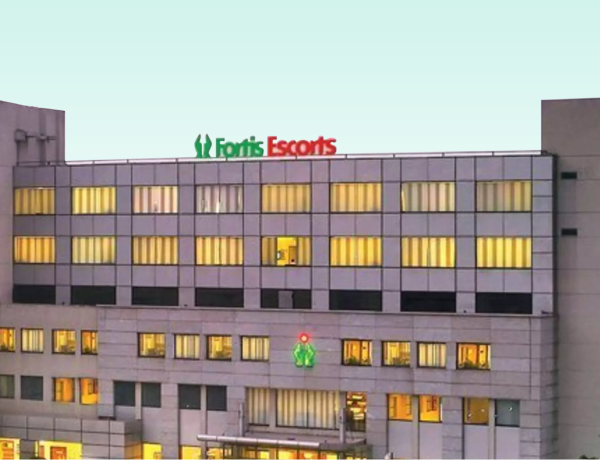

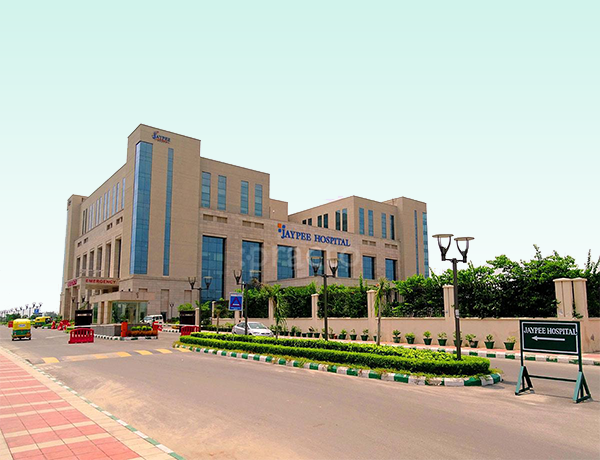


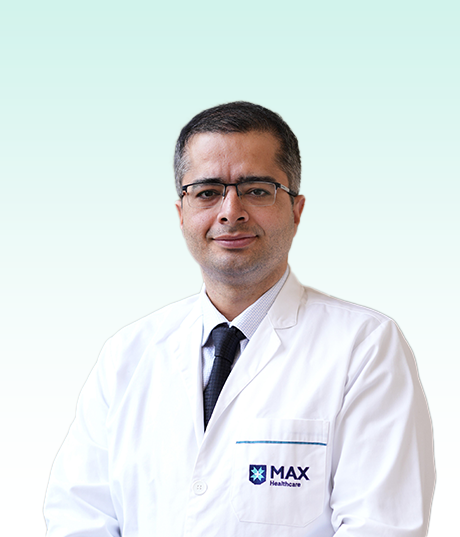

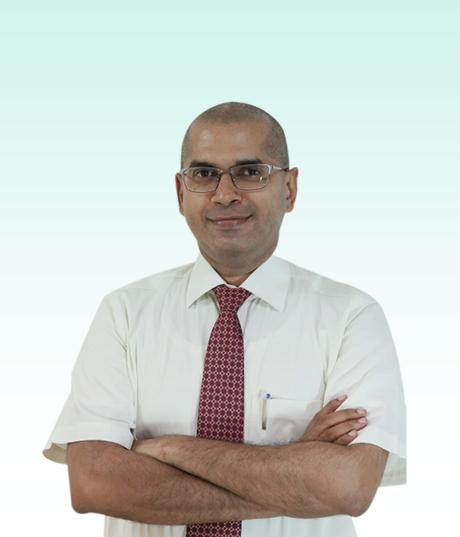
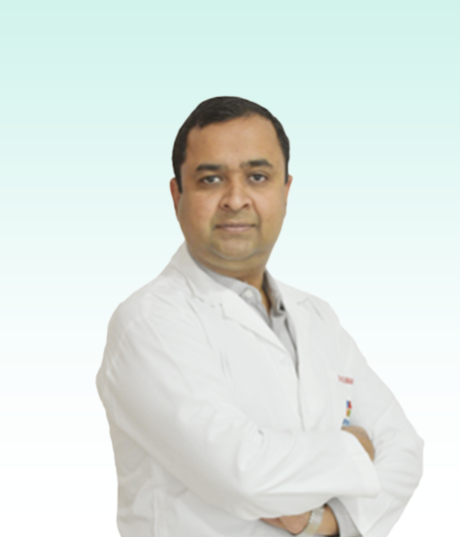
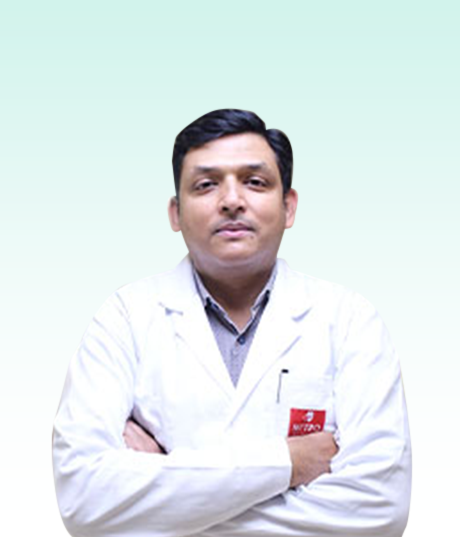
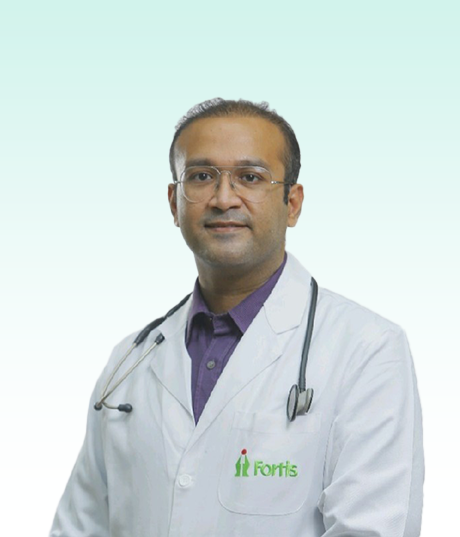

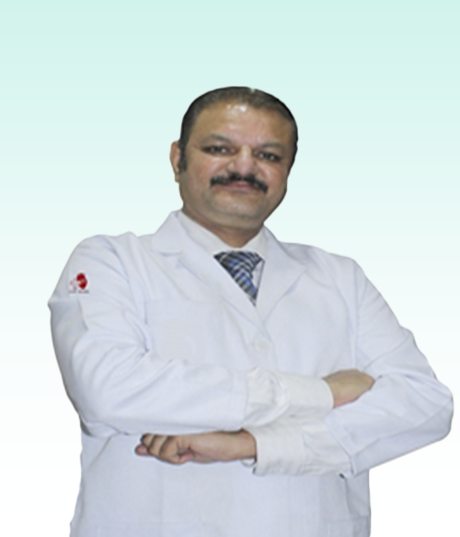
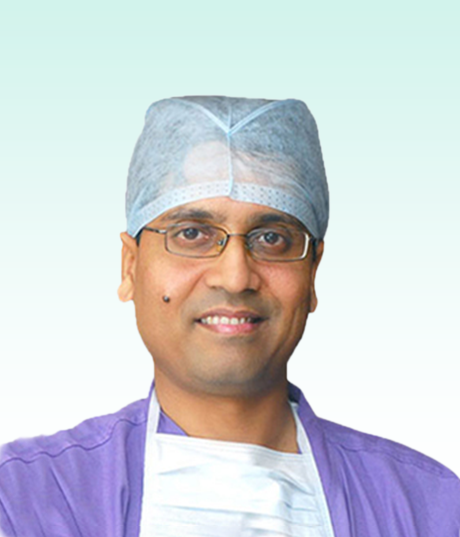
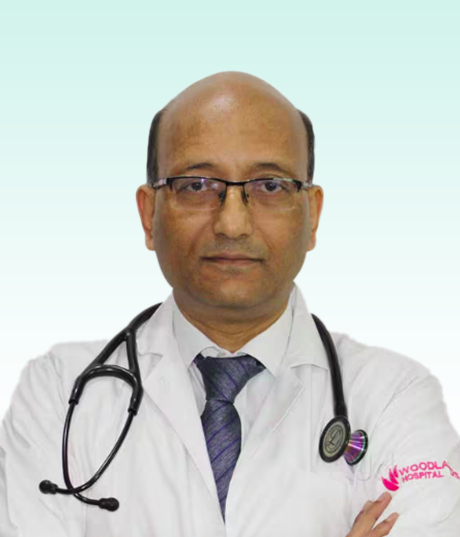






Oxmox advised her not to do so, because there were thousands of bad Commas, wild Question Marks and devious.
Kolis Muller NY Citizen